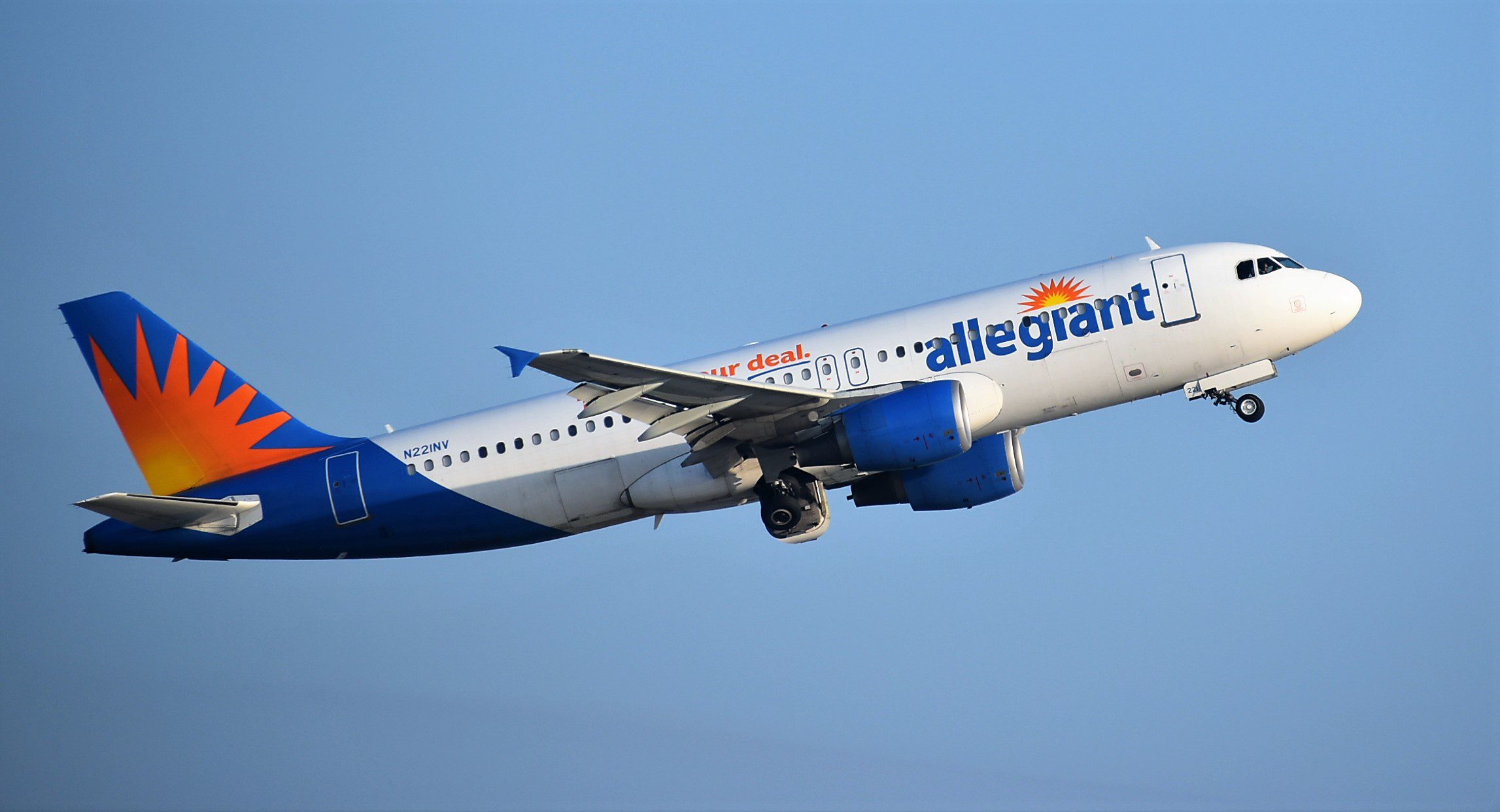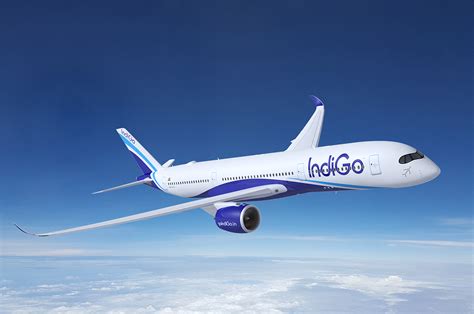
N221NV 33849198042
The ultra-low-cost carriers Allegiant Air and Viva Aerobus filed a request for approval of antitrust immunity for a joint venture agreement (JV) last year. Earlier this month, both carriers released a document providing additional information to the Department of Transport (DOT). But why do Allegiant and Viva Aerobus require a JV?
The JV
Last year, both ultra-low-cost airlines announced plans for a fully-integrated Commercial Alliance Agreement, designed to dramatically expand options for nonstop leisure air travel between the United States and Mexico. The alliance would be the first-of-its-kind in the airline industry between two ULCCs. Allegiant would also invest US$50 million in the Mexican carrier.
The DOT requested more information from both carriers, from alternative scenarios in which the airlines did not receive antitrust immunity to the non-existing overlap between both companies, labor agreements, and profit sharing.
Allegiant and Viva Aerobus expect to launch the alliance no later than the first quarter of 2023, and they recently requested approval by the fall of 2022. If they are able to launch in the first quarter of 2023, it will “maximize the benefit derived from the parties’ complementary seasonality. In addition, launching in the first quarter of the year is important to the parties because travel to Mexican leisure destinations is largely seasonal.”
Both carriers noted that they need antitrust immunity to enable the coordination required for the alliance even during the period Mexico is designated as Category 2 by the Federal Aviation Administration (FAA).

No JV, no partnership
Moreover, the two airlines have said that they require ATI and a full JV. If they don’t get the approval, they would not pursue any other type of partnership.
The airlines said:
“It is important to note that legacy carriers Delta and Aeromexico enjoy antitrust immunity for a comprehensive partnership that is similar in depth and scope to the one contemplated by the Joint Applicants. The Delta-Aeromexico alliance currently holds some 50% of Mexico City (MEX) slots, as well as roughly 16% of US–Mexico traffic for the nine most popular leisure routes. Denying immunity to the proposed alliance between Allegiant and Viva would effectively block the entry of a potentially formidable competitor to the incumbent Delta-Aeromexico alliance as well as other legacy carriers.”
They added,
“A codeshare relationship would not generate the type of growth that the Joint Applicants can achieve with a fully immunized alliance. For example, after the first full year of the American-Japan Airlines and United-ANA alliances, there was a nearly two-fold increase in traffic on US–Japan routes compared to the parties’ pre-existing codeshare relationships. Similarly, Delta-Virgin Australia’s transition from a codeshare to an immunized joint venture saw even greater growth, with an over six-fold increase in traffic on US–Australia routes one year after implementation of the joint venture. The Joint Applicants expect that their alliance would bring about similar traffic growth versus a codeshare only scenario.”
A strong partnership
This partnership between two ULCCs would prove to be a strong alliance. Both carriers generally target the same type of customer. They have a robust network in their own countries but lack brand awareness and/or services in the partner countries. For instance, Allegiant doesn’t fly to Mexico, and Viva has only a few routes to the United States, meaning there’s no route overlap between both airlines.
Moreover, Viva faces a lack of brand recognition in the United States; therefore, it is unable to attract new customers, despite the number of airports seeking the Mexican airline’s service. Of 24 airports that have asked for Viva service in the US, 13 are already served by Allegiant today. An alliance between both carriers would help Viva access Allegiant’s customer base at these hubs.
Views: 1




